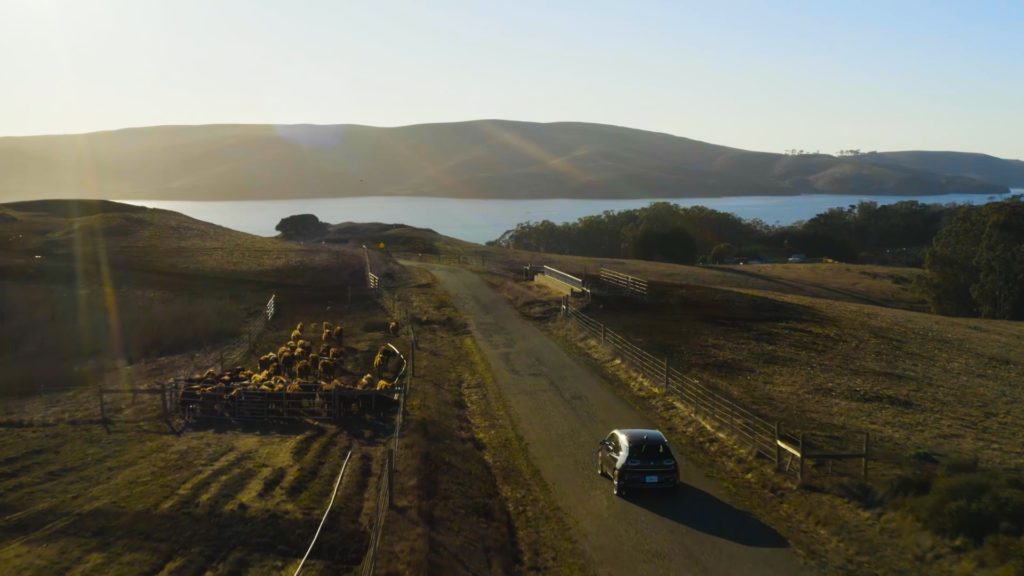Back in 2019, BMW announced a collaboration with the Straus Organic Dairy Farm which involved installation of a methane biodigester to produce electricity. The venture has been deemed a success, as BMW is expanding its clean energy efforts in California by way of a partnership with CalBio, a developer of dairy digesters, while Straus is investing in small-scale digester aimed at farmers who want to adopt the technology.
BMW’s 2019 partnership with Straus marks the first time an automaker has worked with agricultural dairy farms. Together with the CalBio partnership, these collaborations produce enough renewable energy to offset all BMW and Mini charging emissions in California. They also result in more than 11,000,000 kWh of renewable energy being exported to the public power grid, resulting in a reduction of 27,000 metric tons worth of annual carbon emissions. According EPA estimates, that equates to planting a forest the size of San Francisco in terms of carbon reduction benefit.
The benefits of the methane biodigesters BMW is working to expand the use of in California are said to be two-fold. First, the biodigester captures methane emitted from bovine waste, before it processes the gas and transforms it into energy. This both reduces the amount of methane that can enter the atmosphere and become a greenhouse gas, and adds renewable energy to the grid in a single process. Because of their so-called “double benefit,” the California Air Resources Board (CARB) recognizes biodigesters with a negative emissions score, meaning they not only offset carbon emissions, but actually serve to reduce them.
“Farms have a crucial and essential role in being a solution to climate change. I appreciate BMW Group’s collaboration in helping us create a viable farming and food system for our communities,” said Albert Straus, founder and CEO, Straus Family Creamery.
On the same coin, the biodigesters also benefit the farms which operate them, by becoming an addition revenue stream through LCFS (Low Carbon Fuel Standard) credits. These credits are shared by BMW and the farmers, allowing the biodigesters to be adopted at a faster pace thanks to BMW’s involvement. The intent is for the model to be expanded to more farms in California and beyond.
“Our sustainability mission isn’t simply about reducing carbon emissions, but making sustainability practices financially attractive for the long-run, so that these practices can expand and help our partners thrive,” said Adam Langton, energy services manager, connected eMobility, BMW of North America. “Dairy biodigesters are an example of an energy technology that not only reduces carbon emissions in a sustainable way but also offers a new revenue stream to farmers and their communities. In the future, we hope to use this collaborative model we have created in California to support more biodigester development in the US and ultimately bring more clean energy sources to our customers.”
BMW’s partnership with CalBio is an integral component of the initiative, as the company produces dairy-specific biodigesters. California is home to 20% of the dairy industry, making the state an optimal environment for BMW to concentrate its efforts.
“CalBio is pleased to be provide clean, green, and carbon negative electricity to BMW’s electric vehicles in California from its California dairy biomethane projects” said N. Ross Buckenham, CalBio’s CEO. “Our dairy biomethane capture projects deliver cleaner water, cleaner air, and clear skies while also delivering greenhouse gas reductions.”
In addition to providing farmers with an additional resource of revenue, BMW says the LCFS credits generated through these partnerships also allow the automaker to finance programs like ChargeForward, which is exploring smart-charging for vehicles with electric drivetrains in California.—Alex Tock
[Photos courtesy BMW AG.]
